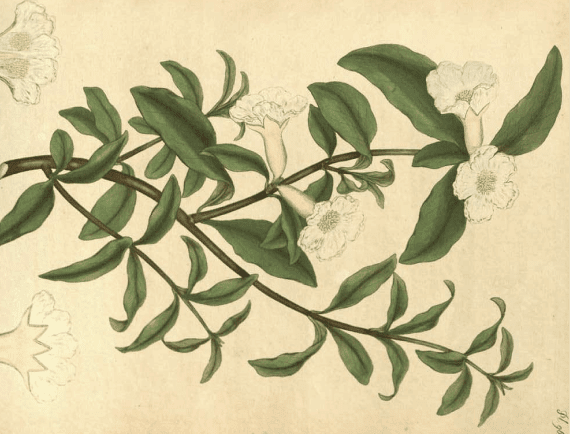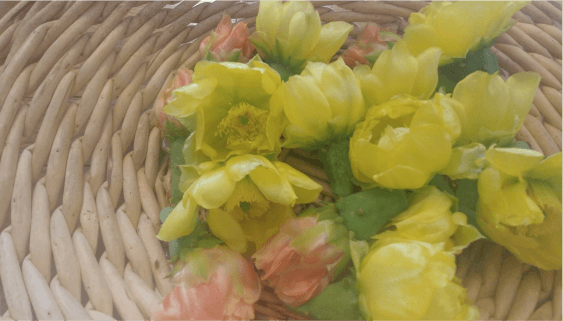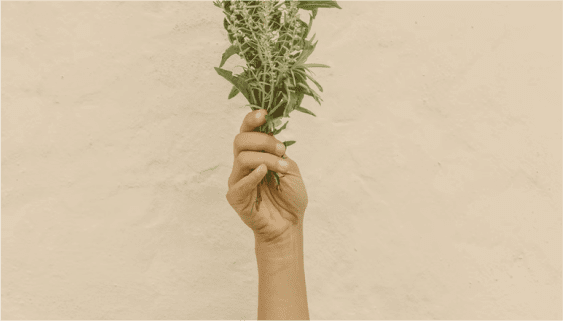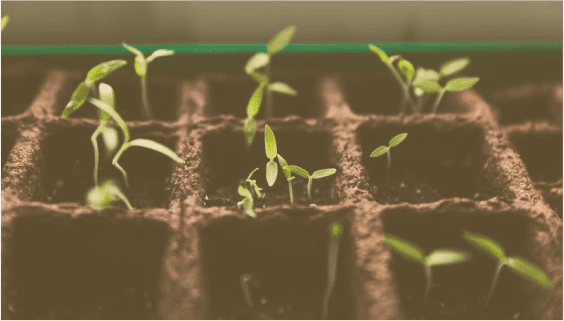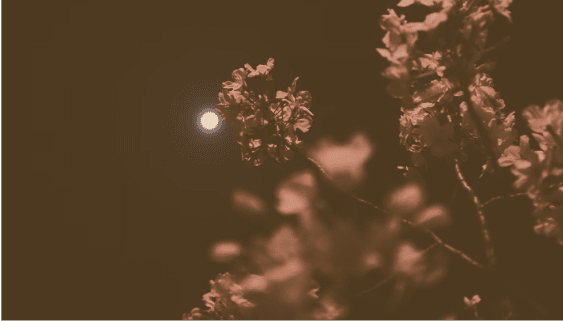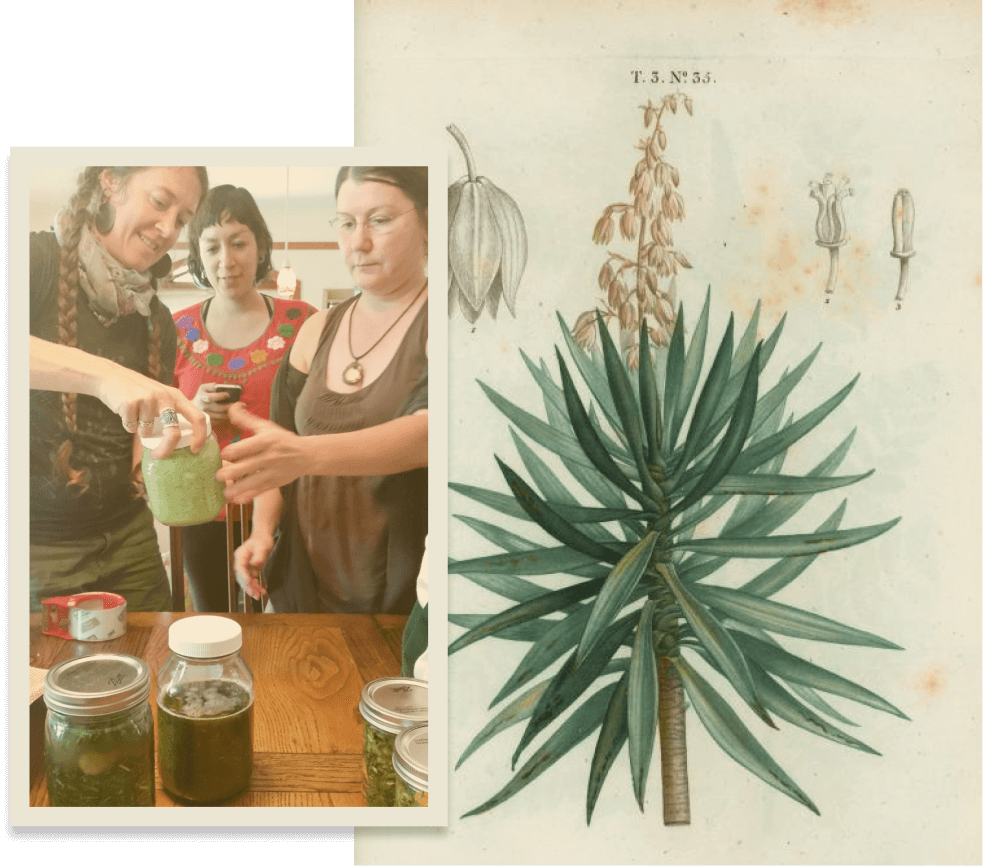The Pacific NW is a stunning and absolutely majestic bioregion. Think moss covered forests, mushrooms, big trees, drizzle, waterfalls, rivers, and breathtaking mountains. As a herbalist, it evokes a feeling of awe to see what happens in a bioregion that has a somewhat mild climate(in lower elevations) and abundant rainfall. Together this equals huge and relatively easy(compared to somewhere like Texas) gardening. In fact, I have found that I have to be very careful to choose what to put in the garden, as things can get very large and spread quickly. I feel extremely grateful to have been able to have worked in different bioregions as a gardener and wildcrafter and be able to compare and contrast.~Nicole
This list is chosen based on usefulness, general safety, that they can handle people giving them attention, and that they are weedy or at the very least enthusiastic.
Cedar Leaves
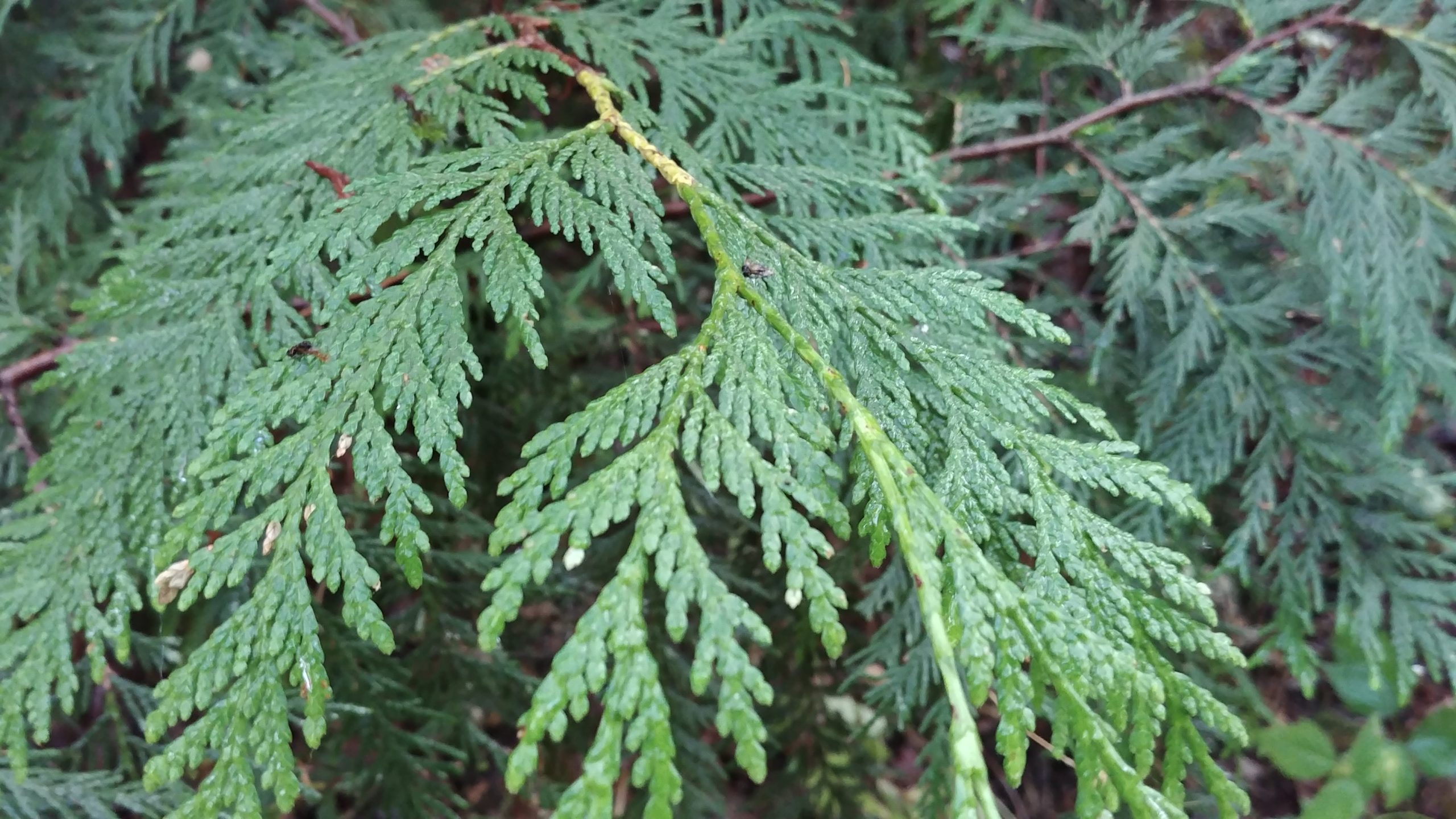
Native Tree-only harvest windblown in city
Energetics: Warming and Drying
Actions: Aromatic, diffusive, antimicrobial, immuno-stimulating
Uses: Sore and achy muscles, chest congestion, fungal infections
Reminds us: to be generous and give more than we take
Dandelion Leaves and Root
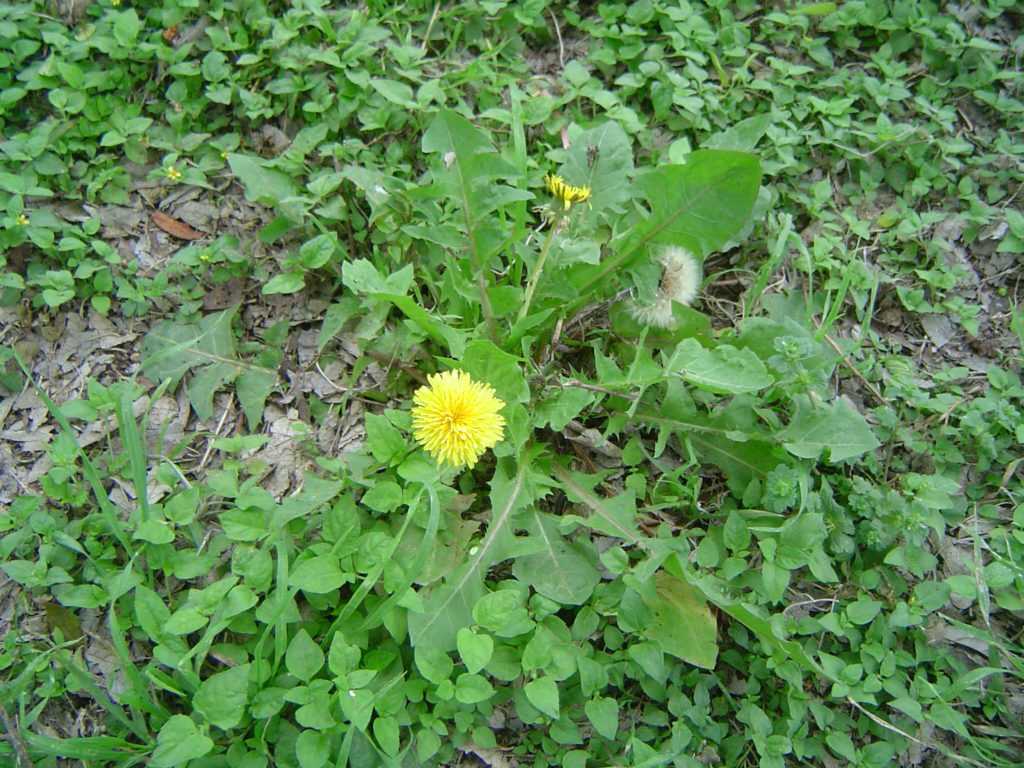
Energetics: Cooling and Drying
Actions: Alterative, Bitter, Diuretic, Nutritive(leaves)
Uses: Congestion in gut, constipation, cyctic acne and other chronic skin conditions, blood sugar regulation
Reminds us to think about decolonizing our herbalism-thanks to Lara Pacheco for that one
Comfrey Leaves and Root
Energetics: Cooling, Drying and Moistening
Actions: Vulnerary, Astringent, Demulcent, Nutritive
Uses: Wounds(non-infected), bleeding, sprains and breaks
Reminds us to slow down
Lemon Balm Leaves
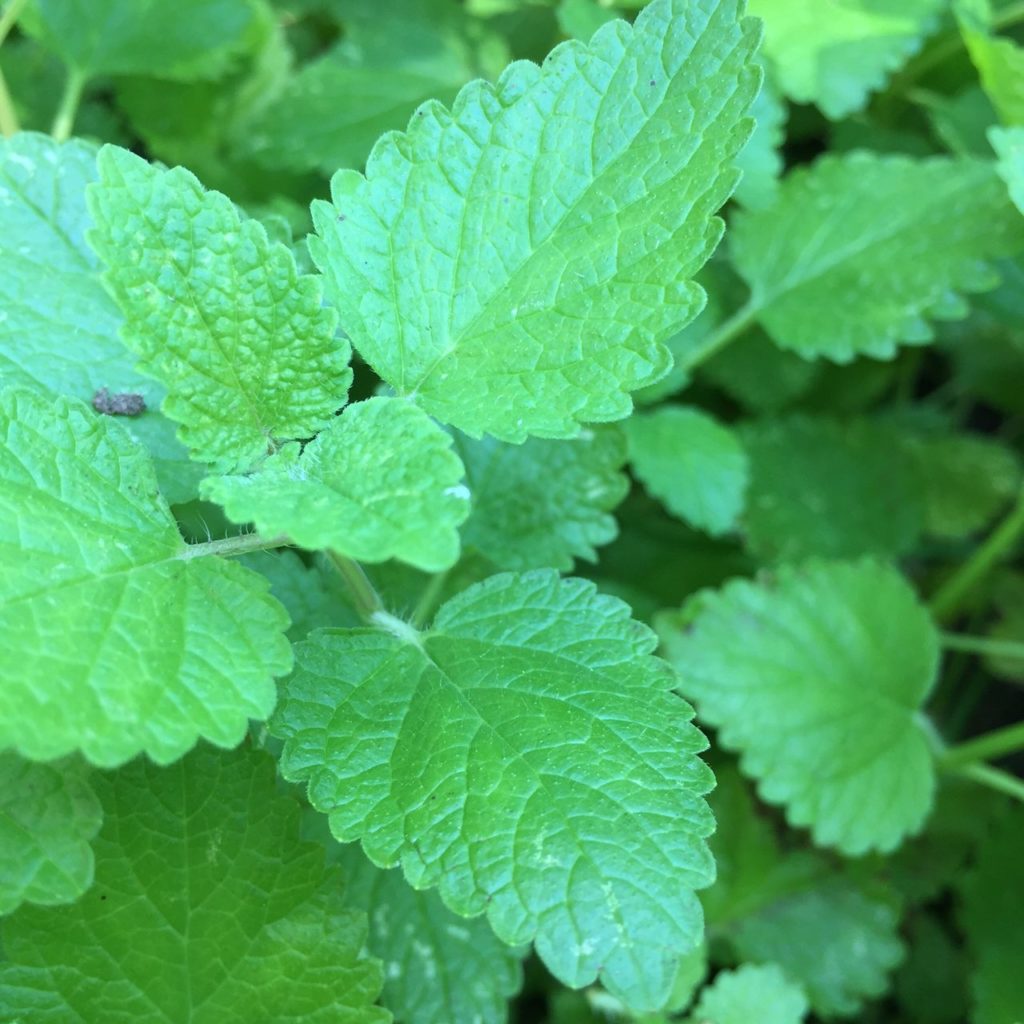
Energetics: Warming and Drying
Actions: Calming, Antimicrobial, Anti-viral, Euphoric, Hormonal
Uses: To help lift the spirits, stop viral infections, and balance emotions/alleviate headaches
Reminds us to be joyful
Nettles Leaves
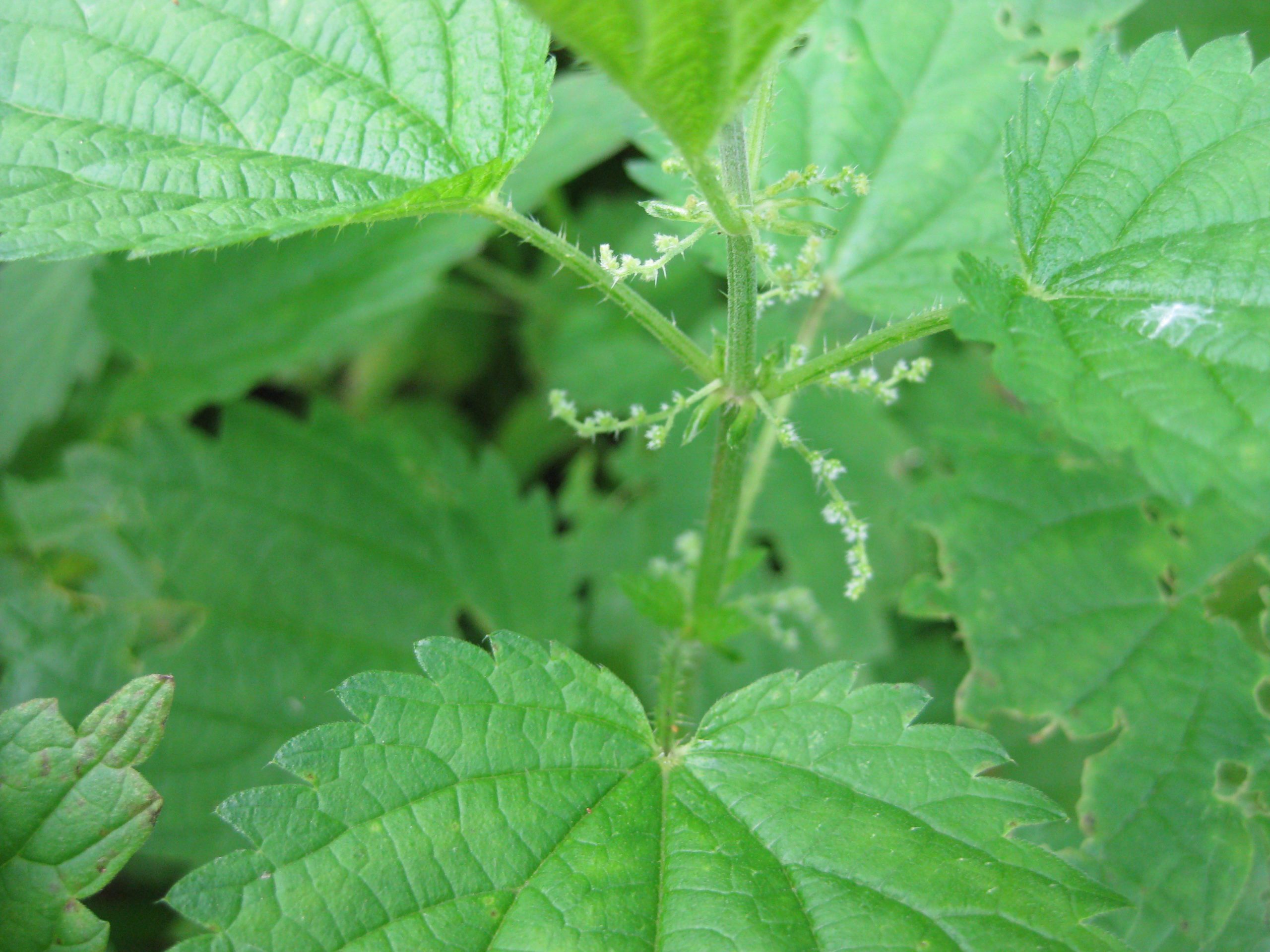
Energetics: Warming and Drying
Actions: Nutritive, Astringent
Uses: Wild food, cooking renders stinging hairs harmless, healing to urinary tract
Reminds us to approach plants and each other conscientiously
Oregon Grape Root
Energetics: Cooling and Drying
Actions: Alterative, Bitter, Antimicrobial
Uses: Indigestion, Gut Infections or any affecting mucosa or skin
Reminds us to connect to our own roots
Plantain Leaves
Energetics: Cooling and Drying and Moistening
Actions: Astringent, Aromatic, Demulcent, Antimicrobial,, Vulnerary
Uses: Wounds,Venomous bites and stings, fungal infections
Reminds us never to overlook the most obvious answers
Rose Petals
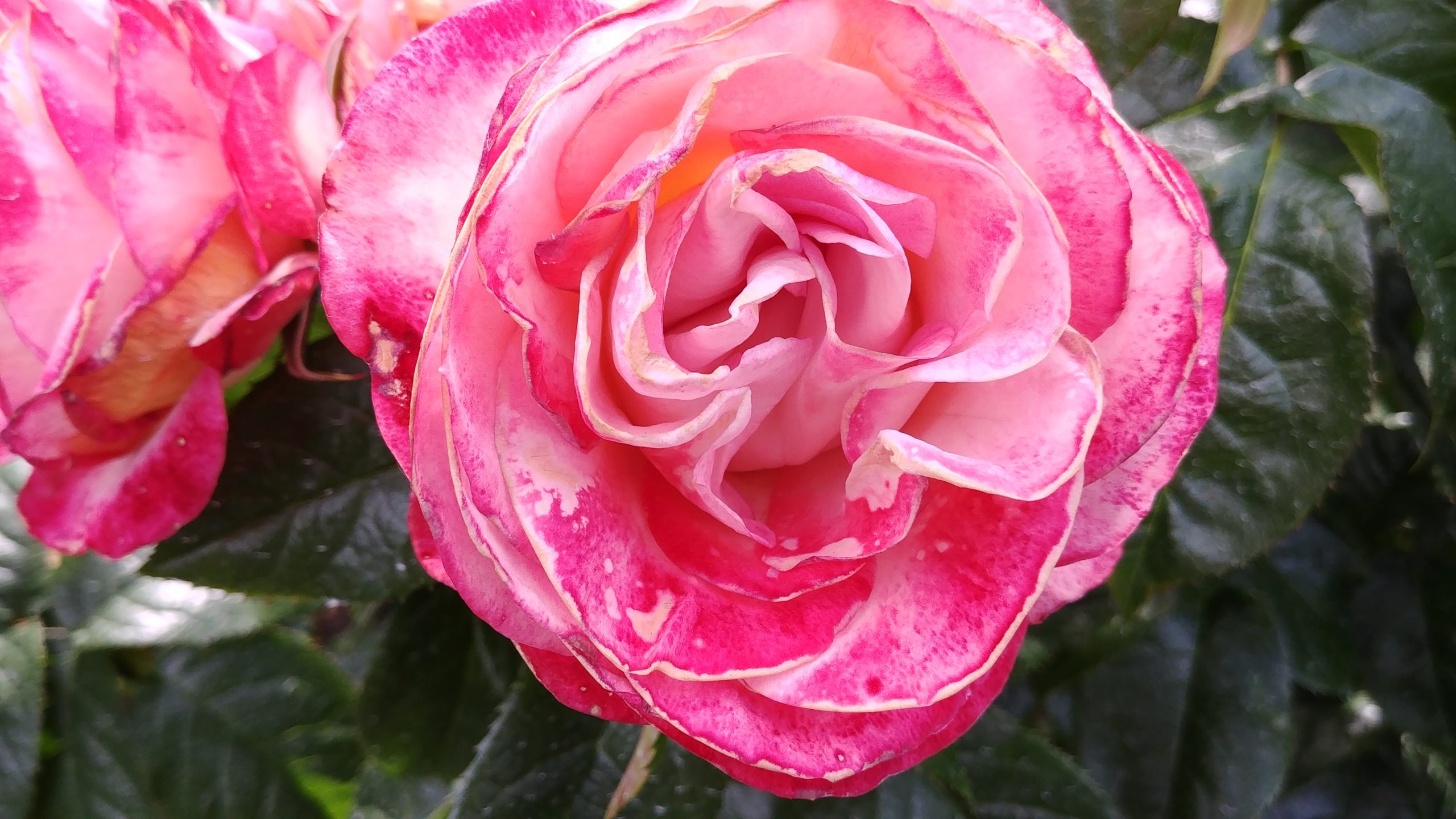
Energetics: Cooling and Drying
Actions:Astringent, Aromatic
Uses: Kill infections, soothe skin and heartache-heated conditions.
Reminds us to keep our hearts open, even if it hurts
St Johns Wort
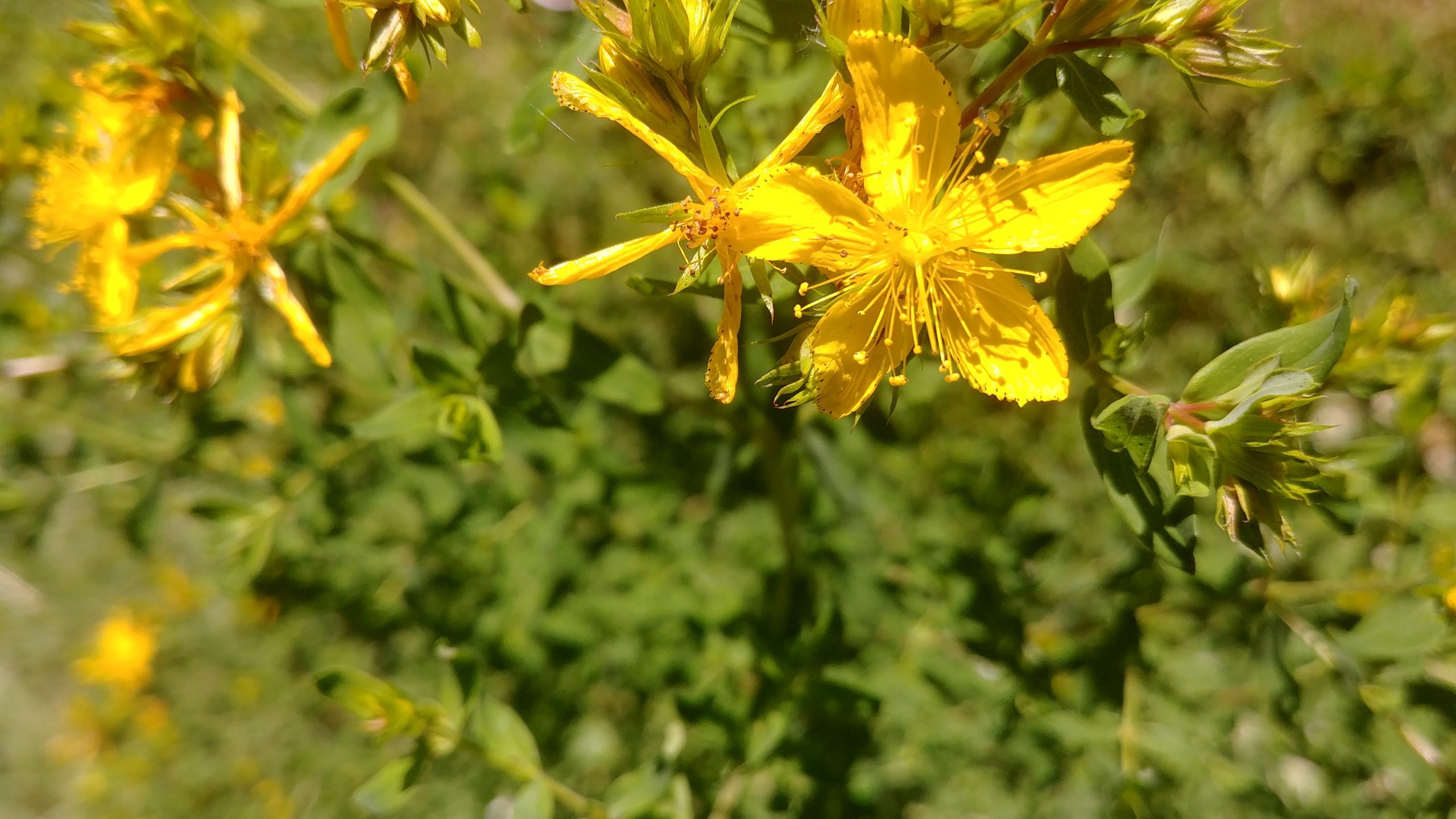
Energetics: Cooling and Drying
Actions: Antiinflammatory, Vulnerary, Antiviral, Bitter
Uses: Astringent, Antimicrobial, Nutritive(berries), Diaphoretic, Immunostimulating
Reminds us that the light will always break through the darkness
Elderberry
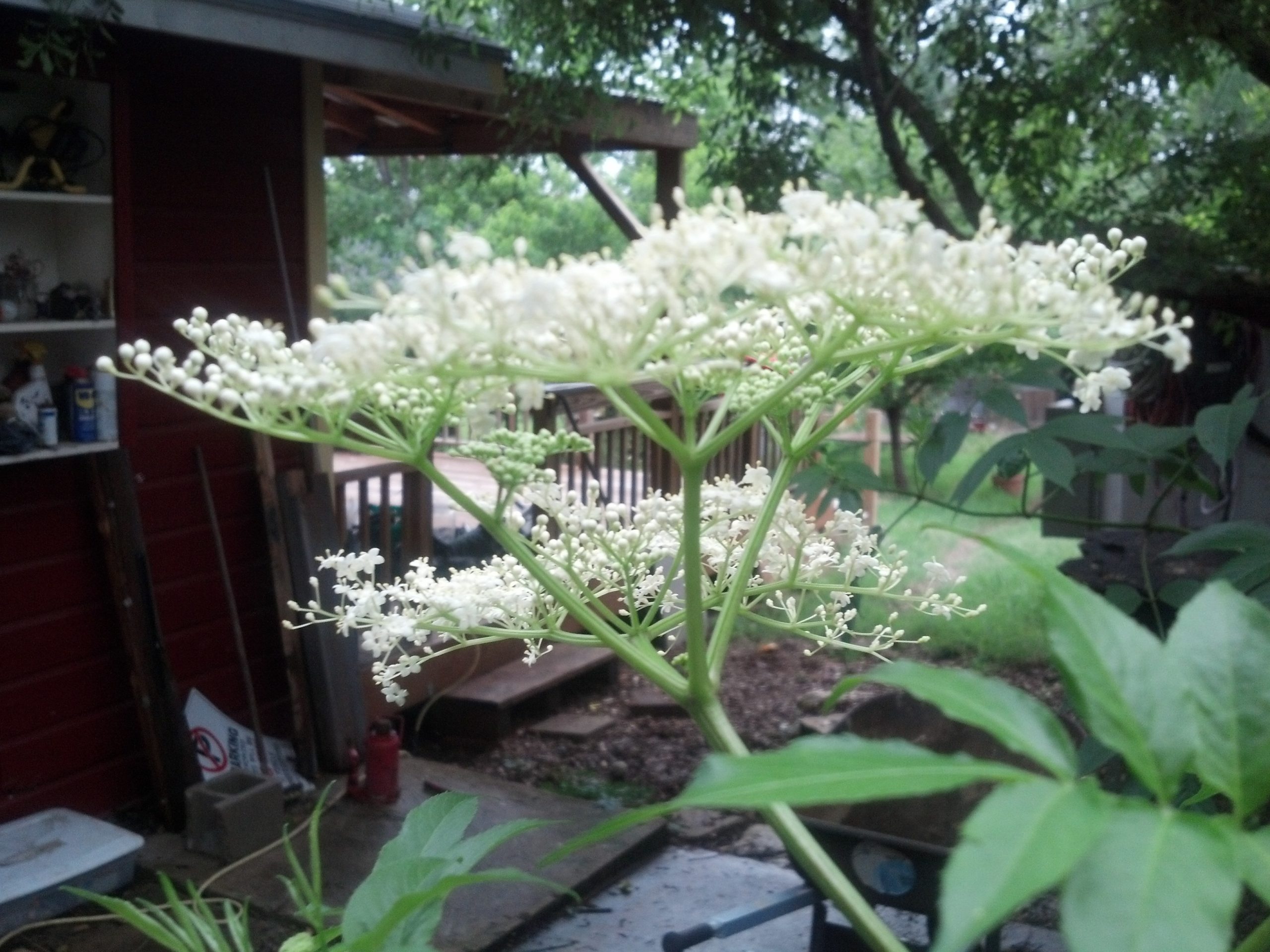
Energetics: Warming and Drying
Actions: Astringent, Antimicrobial, Nutritive(berries), Diaphoretic, Immunostimulating
Uses: Berries full of antioxidants and great wild food. Treats flu, helps sweat out a fever
Reminds us to always honor the little folk of the forest.
